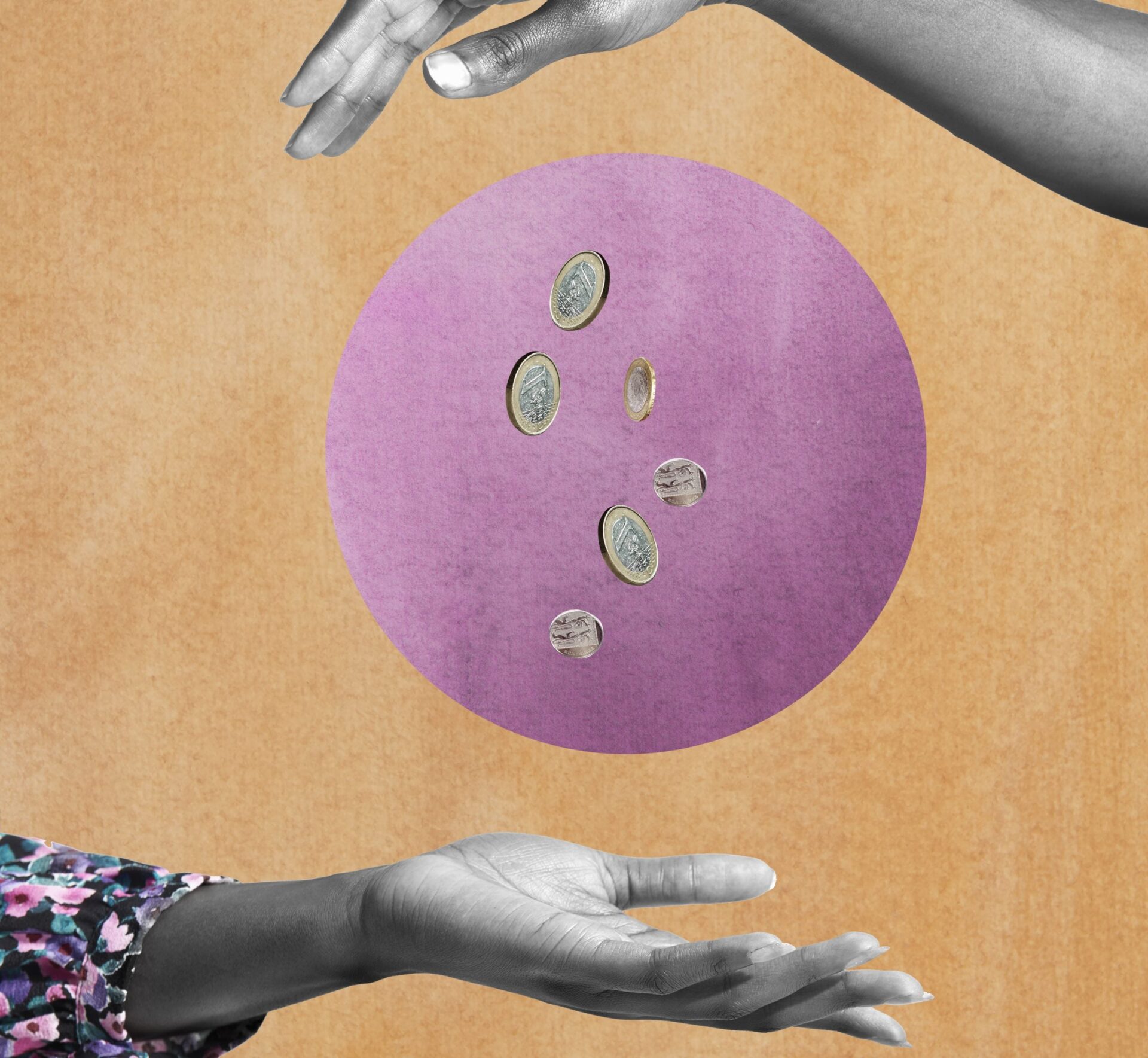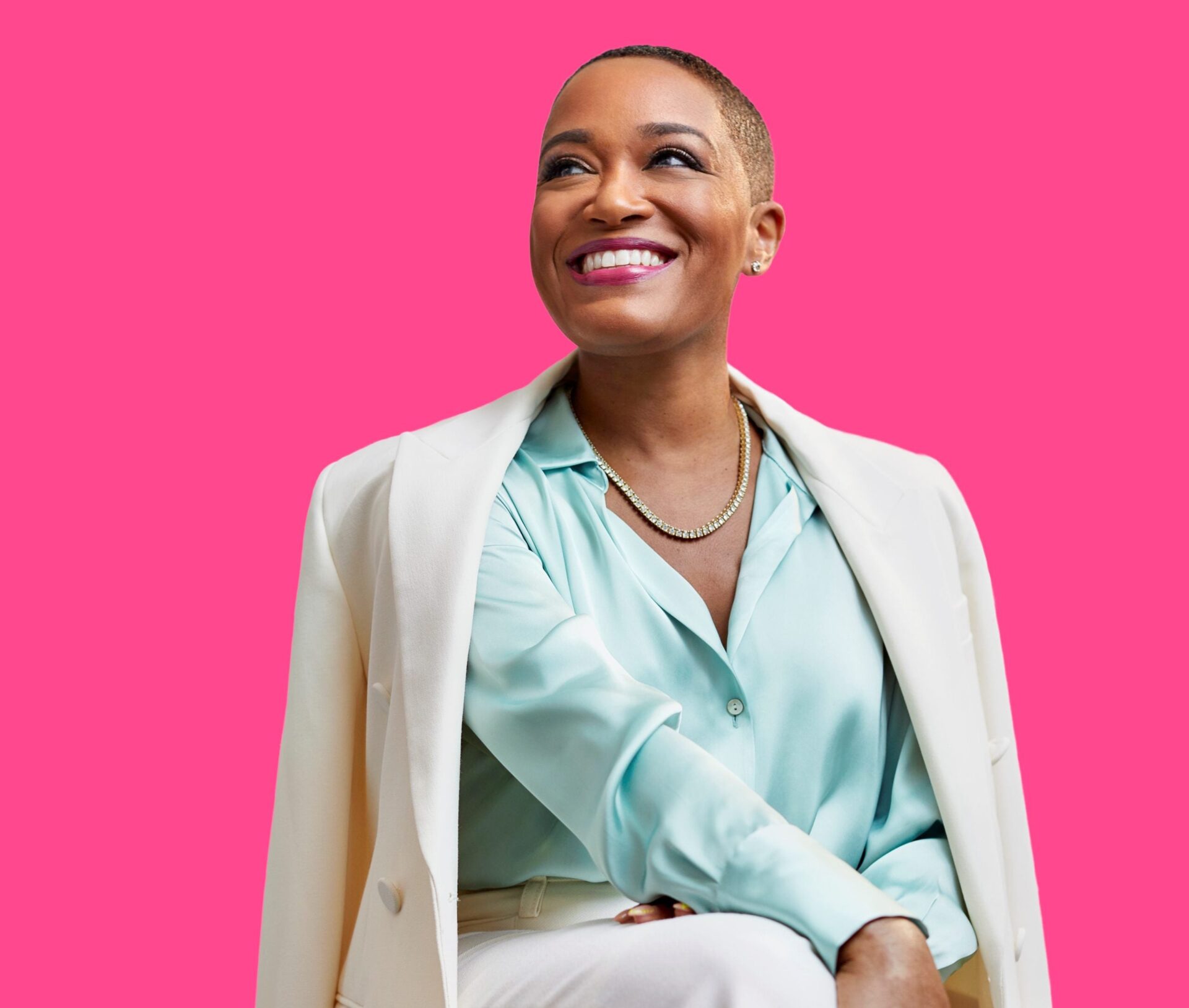
By Jasmine Browley ·Updated July 5, 2023
We are the embodiment of our ancestors’ wildest dreams.
Although racial inequity still persists, Black ambition has afforded gains that generations before us would be proud of, particularly from a financial standpoint.
In 2022, it was reported by the US Census that between 2017 and 2019, median income for Black households rose from $40,594 to $46,073, a rise of 13.5 percent over just two years. Although this is promising, Black Americans still lag behind other racial groups in terms of financial literacy and solvency. We have higher debt levels and face higher interest rates—for example median debt-to-asset ratio for Black households is nearly double to that of White households, per the Employee Benefit Resource Institute.
These numbers are staggering, but Jacqueline (Jack) Howard doesn’t find them to be that baffling. Howard serves as the Senior Director of Financial Health & Wellness, PR at Ally, the world’s largest digital-only bank, and has dedicated her career to helping people understand basic money principles. Concepts like customer saving, investing, corporate citizenship and wealth management have been Howard’s focus areas over her impressive 13-year run at the company. After more than a decade of helping people make their money work harder for them, Howard reached a point in her life where she wanted to dig deeper.

“During my time working with our wealth management team I was introduced to behavioral finance which delves into our micro-behaviors as it relates to spending, saving and investment decisions,” Howard explains to ESSENCE. “What I found in my research is that it’s never just about the money.”
Howard said our money mindsets, particularly Black people’s, are informed by financial flashpoints, which is essentially money version of trauma. As Derek Hagan, CFA writes in a 2018 piece about the concept,the flashpoints are very intense emotional experiences that write our money scripts and control our actions toward finances.
Howard explains that money scripts are “essentially our subconscious beliefs about money that are rooted in your childhood.”
According to financial psychology expert Brad Klontz, these scripts fall into four areas: money avoidance, money worship, money status, and money vigilance.
“I lean towards money worship,” Howard admitted. “That’s where you think that money will essentially be the stabilizing force in your life. It’ll solve everything. I learned that from my mother. And my mother is deceased now, but I bet if she were alive, she’d say she’d say she received those same beliefs for her mother.”
She explained that as a little girl, she would go to the credit union with her mother to withdraw $100 to spend on a fun activity for them to spend quality time together. Howard said she now realizes that that early experience created a habit of splurging on expensive va
Howard said these ancestral flashpoints are crucial in interrupting harmful impulses that can deter financial health. Howard is at the helm of Ally’s financial wellness program that launched internally this year, and will expand to customers later. Through a series of focused programs, she says the company’s employees have learned things about themselves they never thought they would.
“I’ve been told it feels like a therapy session,” Howard tells ESSENCE. “We start out with you asking you pointed questions like what is your first memory of money?”
She says the then allows people to sit trace the emotions that come up, and the people they lead back to. Mostly, it’s their older family members.
Case in point, in a June podcast interview with Katie Couric, Howard asked the seasoned journalist that same money memory question. The response was surprising.
“She instantly went back to her childhood and it was a really profound moment,” Howard explains, referring to Couric recalling how her family’s frugality informed her current money behaviors.
“People really don’t understand how deeply these understandings run, and once you understand that, you’ll realize that ‘oh, it’s not a money issue, it’s a heart issue.”
The post Want To Improve Your Relationship With Money? Talk To Your Ancestors. appeared first on Essence.
